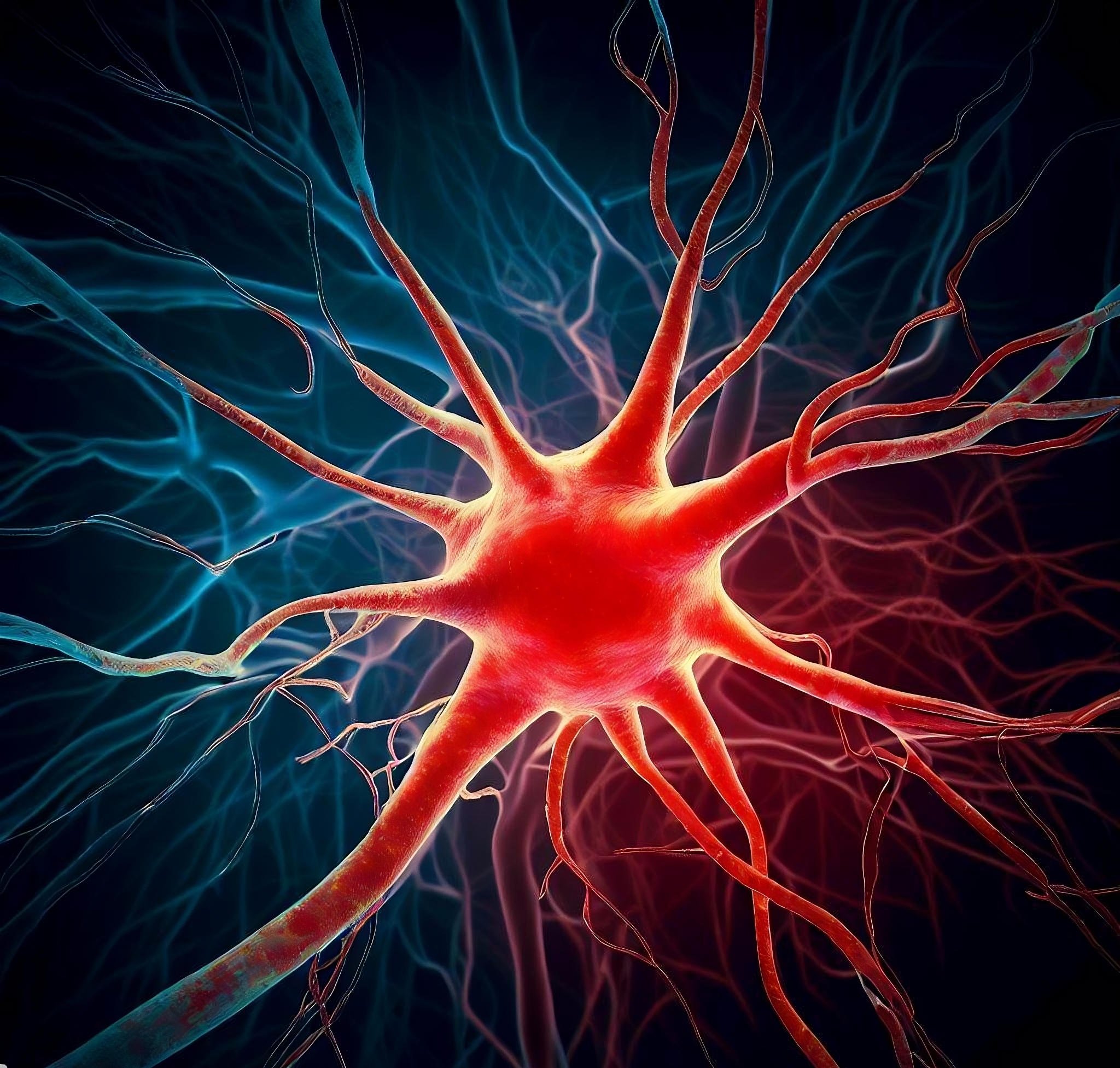
Нове дослідження вчених з Медичної школи Університету Вейк-Форест показує, що середземноморська кетогенна дієта, багата корисними жирами та білками з низьким вмістом вуглеводів, може знизити ризик хвороби Альцгеймера. Дослідники виявили, що ця дієта призвела до значних змін у мікробіомі кишківника та біологічному шляху, пов’язаному з хворобою Альцгеймера, зокрема до зниження рівнів гамма-аміномасляної кислоти (ГАМК) і мікробів, що продукують ГАМК, при одночасному збільшенні рівнів ГАМК зі зниженою регуляцією. бактерій, що свідчить про потенційну користь для здоров’я мозку та профілактики деменції.
Вчені з Медичної школи Університету Вейк-Форест опублікували дослідження, яке свідчить про те, що дотримання кето-дієти в середземноморському стилі потенційно може зменшити втрату ваги.[{” attribute=””>Alzheimer’s disease risk.
The researchers conducted a comparison between a low-fat diet and a modified Mediterranean ketogenic diet, which consists of healthful fats/protein and a lower carbohydrate intake. Their findings revealed that this modified diet brought about significant alterations in a biological pathway associated with Alzheimer’s disease.
The findings were recently published in Alzheimer’s & Dementia: The Journal of the Alzheimer’s Association.
According to the Alzheimer’s Association, more than 6.5 million Americans are living with Alzheimer’s disease, and 1 in 3 seniors die with the disease or another form of dementia.
“We hope that better understanding this complex relationship between diet, cognitive status, and gut health will lead to new interventions to prevent and treat Alzheimer’s disease,” said Suzanne Craft, Ph.D., professor of gerontology and geriatric medicine at Wake Forest University School of Medicine.

Suzanne Craft, Ph.D., professor of gerontology and geriatric medicine at Wake Forest University School of Medicine. Credit: Wake Forest University School of Medicine
This study builds upon previous research from Craft’s team showing that a modified ketogenic diet may prove beneficial in the prevention of cognitive decline.
The randomized, single-site study involved 20 adults, nine diagnosed with mild cognitive impairment (MCI) and 11 with normal cognition. These participants were randomly assigned to follow either the low-carbohydrate modified Mediterranean-ketogenic diet or a low-fat, higher carbohydrate diet for six weeks then, after a six-week “washout” period, to switch to the other diet.
Stool samples were collected from participants at the beginning and end of each diet period, and six weeks after the washout of the second diet to analyze changes in gut microbiome—the good and bad bacteria that live in the gastrointestinal tract.
Researchers found that participants with MCI on the modified Mediterranean ketogenic diet had lower levels of gamma-aminobutyric acid (GABA) and of GABA-producing microbes. Participants on this diet also had higher levels of GABA-regulating bacteria. GABA is the primary inhibitory neurotransmitter in the central nervous system, and GABA dysfunction is associated with neuropsychiatric conditions including Alzheimer’s disease.
“Our study is the first to show that diet modulates GABA differently in MCI,” Craft said.
The study also showed that participants with MCI who had curcumin in their diets also had lower levels of BSH-containing bacteria. These bacteria regulate bile acids produced by the liver and gut. Lower levels suggest reduced gut motility, a phenomenon in which food and waste take longer to transit the gut. Abnormal bile acid profiles have been observed in adults with Alzheimer’s disease.
“These findings provide crucial insight into how diet may affect the microbiome and improve brain health,” Craft said. “Larger studies are needed to assess the role diet interventions play in patients with cognitive impairment.”
Reference: “Effects of a ketogenic and low-fat diet on the human metabolome, microbiome, and foodome in adults at risk for Alzheimer’s disease” by Amanda Hazel Dilmore, Cameron Martino, Bryan J. Neth, Kiana A. West, Jasmine Zemlin, Gibraan Rahman, Morgan Panitchpakdi, Michael J. Meehan, Kelly C. Weldon, Colette Blach, Leyla Schimmel, Rima Kaddurah-Daouk, Pieter C. Dorrestein, Rob Knight, Suzanne Craft and the Alzheimer’s Gut Microbiome Project Consortium, 5 April 2023, Alzheimer’s & Dementia: The Journal of the Alzheimer’s Association.
DOI: 10.1002/alz.13007
The study was funded by the Wake Forest Alzheimer’s Disease Research Center, the Hartman Family Foundation, Roena B. Kulynych Center for Memory and Cognition Research, and the National Institute on Aging.

“Професійний вирішувач проблем. Тонко чарівний любитель бекону. Геймер. Завзятий алкогольний ботанік. Музичний трейлер”






